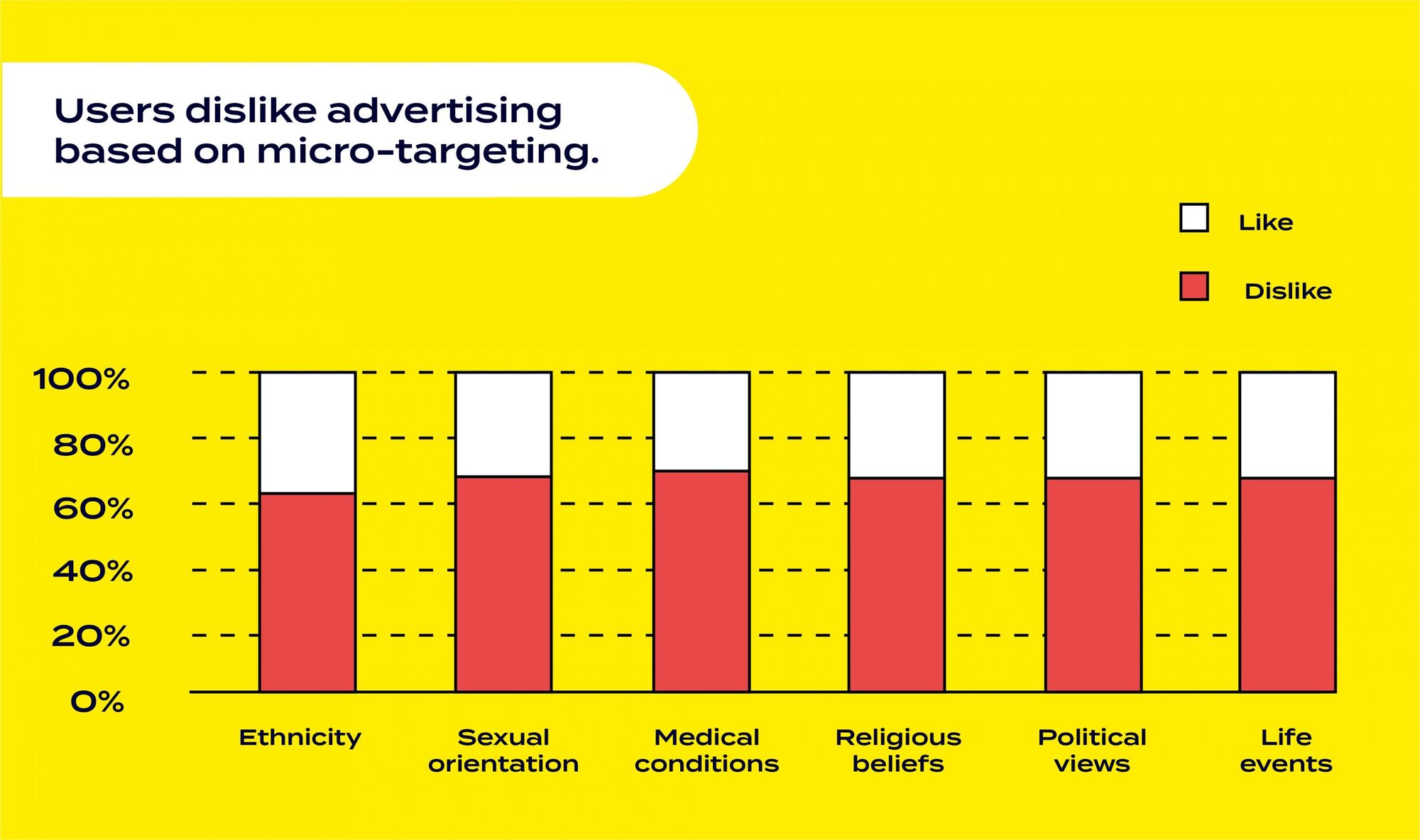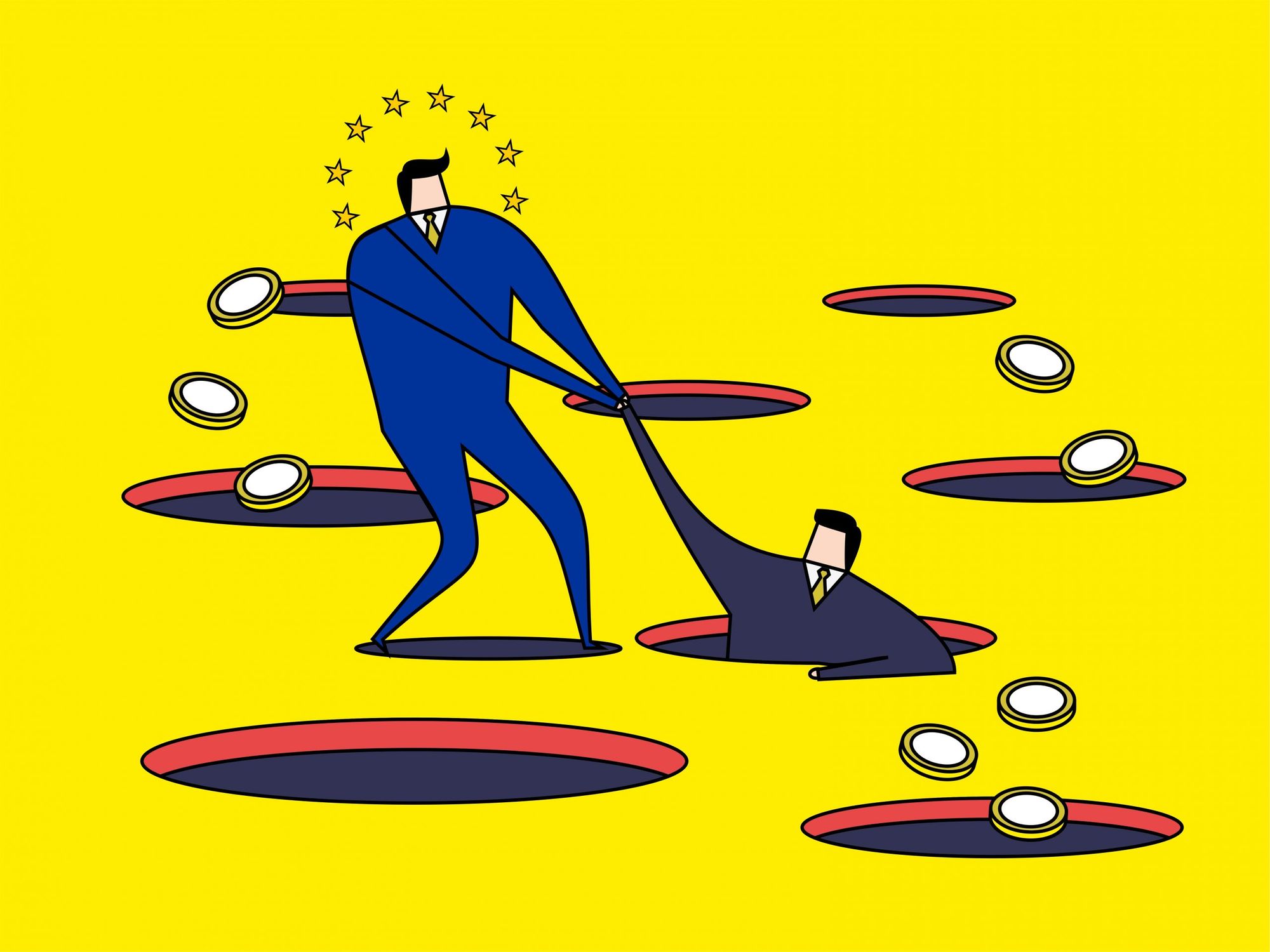The European Parliament and the Council have reached an agreement on the Digital Markets Act, aiming to regulate gatekeepers, companies with significant economic power in EU countries, such as Google, Amazon, Facebook, and Apple. The regulation will finally give small and medium-sized enterprises, which have been sidelined by the big players, a chance to get their foot in the door. Analysis from Hype&Hyper.
On the evening of 24 March 2022, the negotiators of the European Parliament and the Council finally reached an agreement on the new EU rules for large online platforms. The Digital Markets Act (DMA) was born after 15 months of wrangling. The new rules are expected to be applicable from the beginning of 2023. The DMA aims to tackle the unfair practices by the large providers of basic platform services which have significant economic power, known as gatekeepers, while still allowing them to innovate.
The European Parliament and the 27 EU Member States’ representatives still have to pass the bill, but their approval is merely a formality. The Commission is under enormous pressure to meet the high expectations regarding the DMA. If a gatekeeper fails to comply in the future, the Commission can impose a fine of up to 10% of the total global turnover of the previous financial year and a 20% fine for repeated infringements. Furthermore, in case of systematic non-compliance, the Commission can prohibit giant corporations from acquiring companies for a specific period.
Who are the gatekeepers?
A gatekeeper is a large company with a market capitalization of at least €75 billion or an annual turnover of €7.5 billion. Its activities should include core services with at least 45 million monthly end-users in the EU and 10,000 business users annually. Such a service can be a browser, a messaging application, or a social media platform. Moreover, a corporation is also classified as a gatekeeper if it is active in several EU countries, it connects a wide user base with a large number of businesses, and it has a stable and long-term solid economic position resulting in a significant impact on the internal market.

Greater independence for SMEs
According to Andreas Schwab, MEP, the Act avoids any form of over-regulation of small businesses. It will open up brand new opportunities for app developers, provide small businesses with greater access to relevant data, and make the online advertising market fairer.
So, it is good for everyone but Big Tech? Not exactly. Unfortunately, the regulation may have some unintended consequences. Its unpredictability is a problem mainly because there are few alternatives to the sites currently used for sale and advertising, favorable to SMEs. However, the good news is that once the Digital Markets Act is implemented, tech giants will be obliged to allow their business users, such as businesses selling or advertising on their platforms, to access the data they create while using the platform. Gatekeepers will be prohibited from prioritizing their own services on their platforms; thus, prioritizing the products or services they sell and disadvantaging the offerings of small businesses will not be permitted. They will no longer be able to prevent companies from using another platform, even with more favorable terms, for their business activities. Moreover, they will not be allowed to use the data collected from SMEs, which may be commercially sensitive, for their own interests.
Advertisers will gain access to their own and their clients’ data in real-time and without extra cost. Furthermore, gatekeepers will even have to make this process easier for the advertisers, to their chagrin. However, companies will need the users’ consent for personal data, as it is protected by EU law.
Although the DMA does not provide specific funding or exclusive rights for SMEs, it creates the conditions for all business users to be innovative and benefit from the fair digital markets. The Enterprise Europe Network, the European Digital Innovation Hubs (EDIH), and European industry clusters are continuously working together to provide SMEs digital services such as training or awareness-raising and capacity-building activities to help them in the challenging catching-up process.
No more excessive influence
The regulation has many supporters among European SME leaders. According to a recent YouGov survey conducted on behalf of Amnesty International and Global Witness, small business leaders do not like Facebook and Google’s tracking-based advertising. Small business leaders in France and Germany want alternatives to the dominant tracking-based advertising of these giant platforms. 75% of small and medium-sized businesses in these two countries believe that tracking-based advertising undermines people’s privacy and violates human rights. 69% of the business leaders surveyed said that they are uncomfortable with the influence of Facebook and Google; however, they feel that the industry dominance of these corporations gives them no choice but to advertise on their platforms. Facebook and other industry leaders stressed that targeted advertising is essential for the survival of European SMEs. The survey also found that 79% of the respondents agreed that large online platforms such as Facebook and Google should face increased regulation on how personal data is used to target users in online advertising.

Moreover, the survey revealed that business owners believe that their customers dislike being targeted with online advertising based on their race or ethnicity (62%), sexual orientation (66%), medical conditions (67%), religious beliefs (65%), political views (65%) or life events (62%). French and German small business leaders are concerned about the tech giants’ advertising practices, but unfortunately, they see no other alternative.

Like a local #6—Normafa Delikát, 4minutes café, Mazel Tov

Pioneer specialty coffee house My Little Melbourne celebrates its 10th birthday










